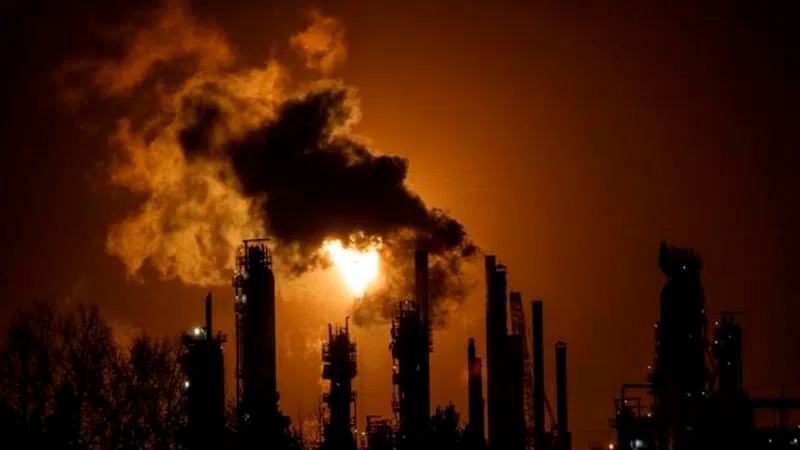
Cut emissions twice as fast, ease worker anxiety, advocates say post-election
OTTAWA — A coalition of climate-change advocates is urging Canada’s new minority Parliament to promptly develop a clear, effective and coherent strategy for reducing greenhouse-gas emissions in order to prevent escalating anxiety in the oilpatch from impeding urgently needed progress.
Climate Action Network Canada, along with representatives from Unifor, Leadnow, Greenpeace and 350.org, say climate was the biggest factor in the recent federal election, and those parties that ran on climate platforms owe it to voters to organize a co-ordinated response.
“This was truly Canada’s first climate election and it demands a significant shift in the politics surrounding climate action in Canada,” said Catherine Abreu, executive director of Climate Action Network Canada.
For too long, climate action has been a political football in a partisan game, and voters sent the message last month they expect that to change, Abreu told a news conference Friday in Ottawa. The Liberals, NDP, Green and Bloc Quebecois parties all had overlapping promises on climate change, which ought to make co-operating on the file easier, she added.
